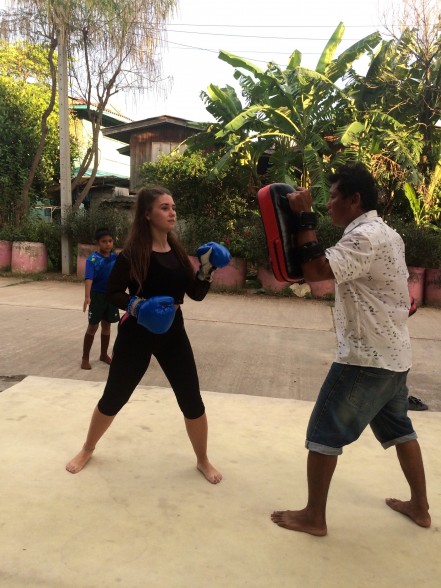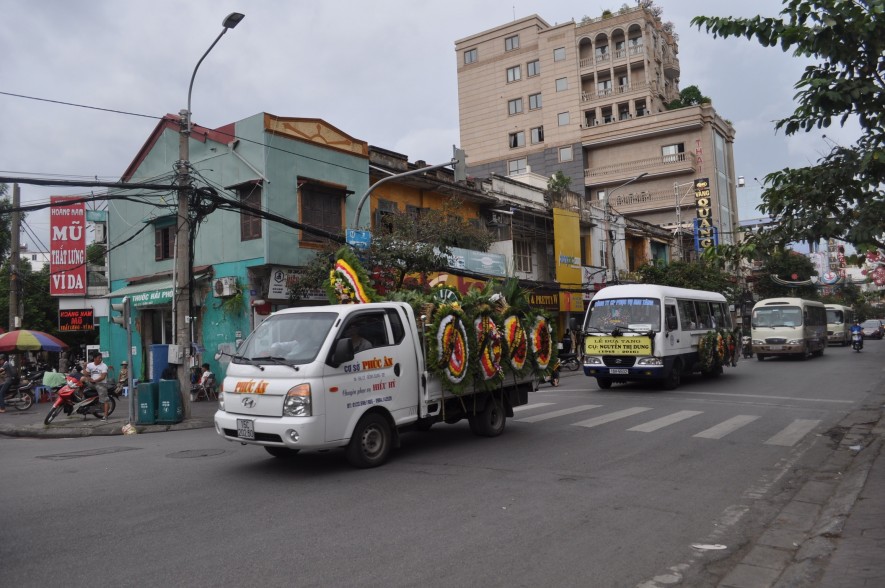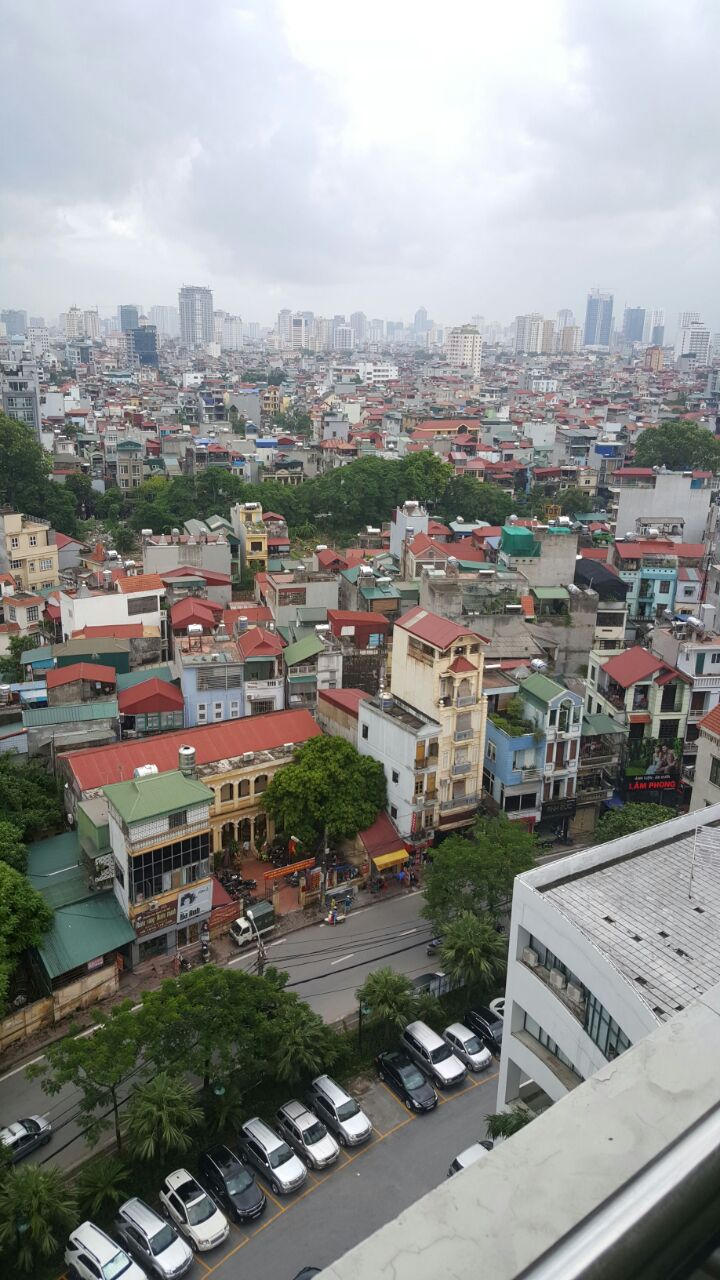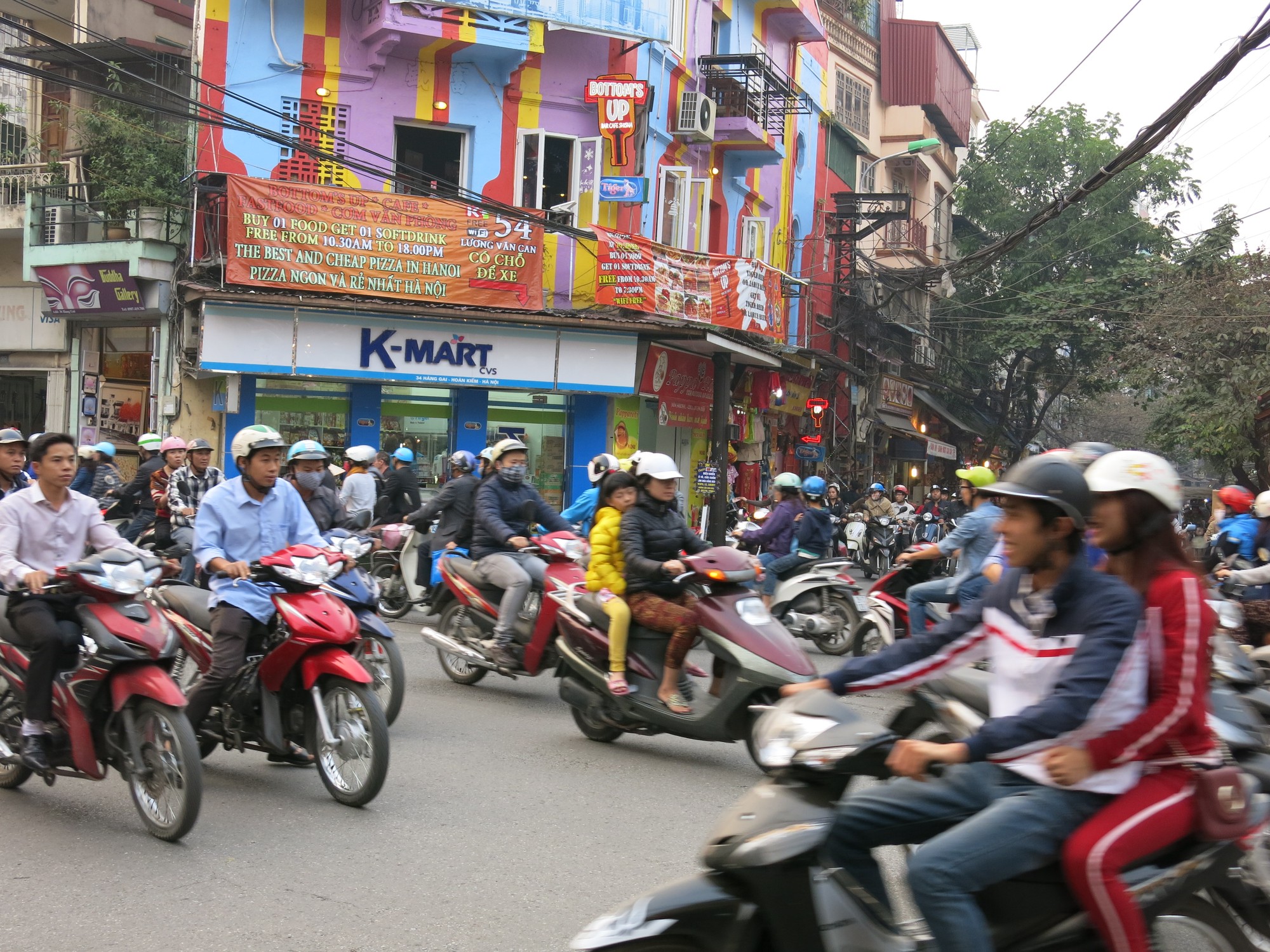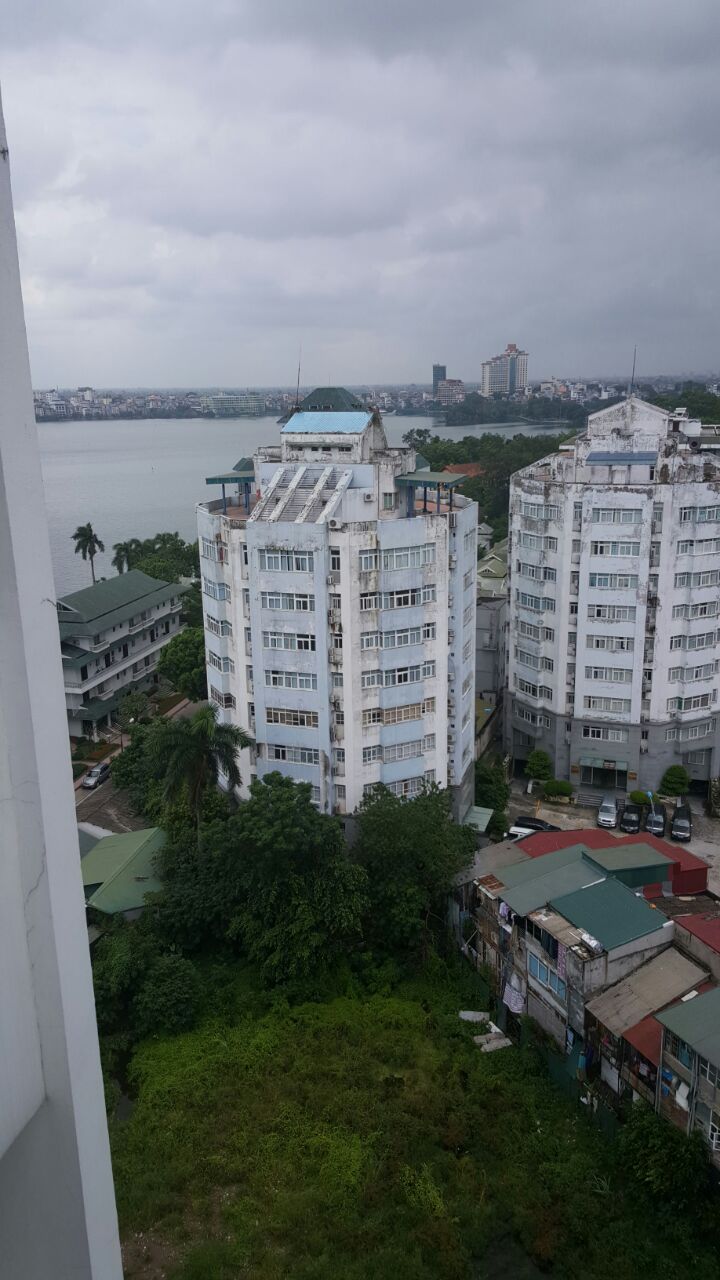Teaching abroad is an amazing experience and brings many unforgettable memories and adventures with it.
Destinations like Thailand, China, and Vietnam have great wonders and new cultures to explore and discover first hand.
Why do we feel homesick?
Yet no matter how adventurous you are and how many new friends you make, homesickness when teaching abroad can hit any of us. Just to be clear that’s absolutely okay.
It doesn’t mean you’re not as adventurous as you thought or that you’re not having a good time, it just means that you’re human and are reflecting on how your new experiences compare to the old ones.
The longing for home can be triggered by something small like a conversation that reminds you of a similar one you’ve had before with friends or family back home, or it can something bigger, like a key holiday time like Christmas, Easter or your birthday.

You may be teaching far away from home, where these holidays are acknowledged in different ways, but Christmas in particular is growing throughout the world, so you’re likely to encounter reminders of it wherever you are.
So, what do you do if homesickness strikes? Our TEFL teachers and interns have experience with this, so we’ve put together some useful tips:
1. Keep going
There’s a reason you were inspired to teach abroad, you just need a reminder. When emotions are high this can seem too difficult, so here are some suggestions:
a. Bucket List
Write down a bucket list of the places you need to visit or see before going back home, then try to tick as many off this list as you can. The process of putting this list together will help you get into the same inspired state you were in before homesickness came along.

b. Document or photograph
Keeping a journal of where you’ve been and what you’ve seen can be very therapeutic. So, too can taking pictures of what you see. This can be something as straightforward as going to the market or even your commute to school. Use your creativity to re-ignite your wanderlust.

2. Create a routine
A very useful quote from Jim Ryun, American track & field athlete, is: “Motivation is what gets you started. Habit is what keeps you going.”
We all need a sense of routine. New habits and a new routine for your new home will help you feel more at home, but don’t mistake routine for boring. This is your adventure, so create the habits you want to have while here.

3. Talk about it
Talking is a great healer. Sometimes just saying that we feel homesick out-loud already makes us feel more able to tackle it. Talking with friends or family back home, or sharing your feelings with new friends or roommates or other TEFL interns is a great way to cope with homesickness.

4. Don’t feed it
Talking is important, but beware. Homesickness is a hungry beast and a phone call can turn into a weekly catch-up and then into a daily call that you get overwhelmed or can upset you if you miss it.
Keeping in touch with family and friends is important, but if you’re getting more homesick every time you speak with them or see what they’re doing on social media, then a break from it may be just the thing. No need to completely cut everyone off, but reduce the frequency of catching up and checking messages.

5. Dive in and challenge yourself
Which leads us to tip #5. Get out of your comfort zone and challenge yourself. It’s so tempting to stay hidden and feel sad, but don’t let this control your actions.
There’s so much to see and do, which you’ve been dreaming of doing. Dive into trips and activities or just get out there and meet new people. You may not feel motivated when you first start, but the activities will soon get you in the mood for more. Anyhow, everything is better with others to share experiences with.
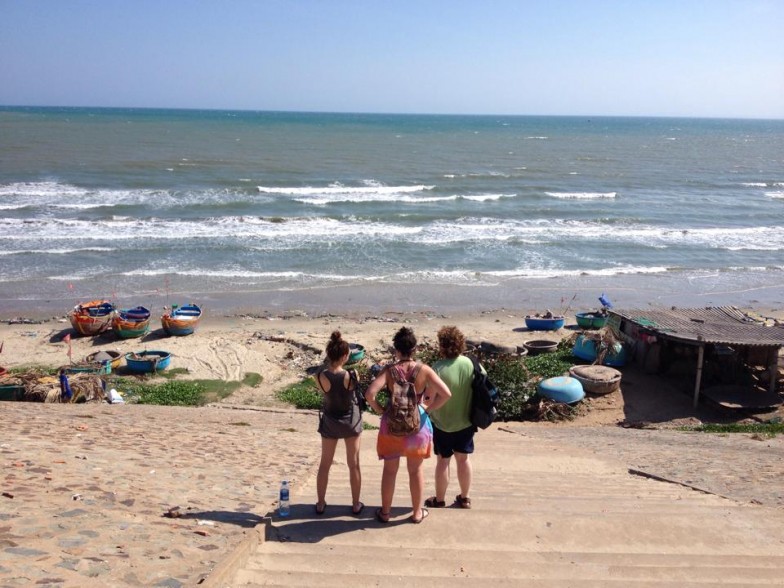
6. Share home comforts
Sharing is caring, and with your new group of friends why not share stories of home with them, as well as the things you miss. Craving that Sunday roast? (even though you never thought you would) Do it yourself and invite others to join you.
Or have a big cultural food exchange, where everyone brings their favourite comfort food to share. You may find a new comfort food, you would’ve never known about.

7. Learn something new
People have a natural drive to gather information. We need “input” to feel good and as a TEFL teacher you’ll be passing your love for learning on, but are you enjoying it yourself?
To help with homesickness, why not learn something new. You’re in a prime location for learning a new language. No need to be fluent, just pick up some key phrases and swap some with others outside the classroom, too.

8. Use it to reflect on you
As mentioned before, homesickness can hit us very unexpectedly and can be very confusing. You may have never been homesick before, but still feel it on this particular trip.
Rather than feel bad about feeling it, why not reflect on what may be the cause. What is it you’re missing and what will you take away from this experience? You may learn something new about yourself that will help you grow in a way you hadn’t realised was an option before.

“Honest self-reflection opens your mind to reprogramming, change, success and freedom”, Vikas Runwal
9. Be active
It’s not just fueling our mind that we need to stay balanced, but our bodies need the chance to get a change of scene. Getting the heart pumping releases so called feel-good brain chemicals (neurotransmitters, endorphins and endocannabinoids).
There’s a reason we feel satisfied after a run. Give getting some exercise a try, when you’re feeling blue. Running is a quick and easy option, especially running with others in an area you know and are comfortable in, but there’s also joining some sport societies or clubs.

10. Write your future self a letter
If things are getting really out of control, then turn to a writing therapy technique. Write your future self a letter about what it is you want to feel, what you currently are feeling, what you want to get out of this experience and how you plan to achieve.
Sometimes the only person who can understand us are ourselves, so talk to you and put a plan of action in place.
Basically, don’t let homesickness stop you. No matter if you’re generally feeling homesick or the holidays are getting you down, do remember that you’re never alone.
There’s plenty of support out there and very understanding people with you.

You can have a fantastic time teaching abroad even with homesickness. You’re where you are for a very important reason and you’ve got the chance to make the most of it.
If you’re looking for an opportunity to grow, experience new things and see the world while teaching abroad, then take a look at all of our travel products: https://www.i-to-i.com/teaching-internships/
Happy holidays to all our teachers abroad from i-to-i.







